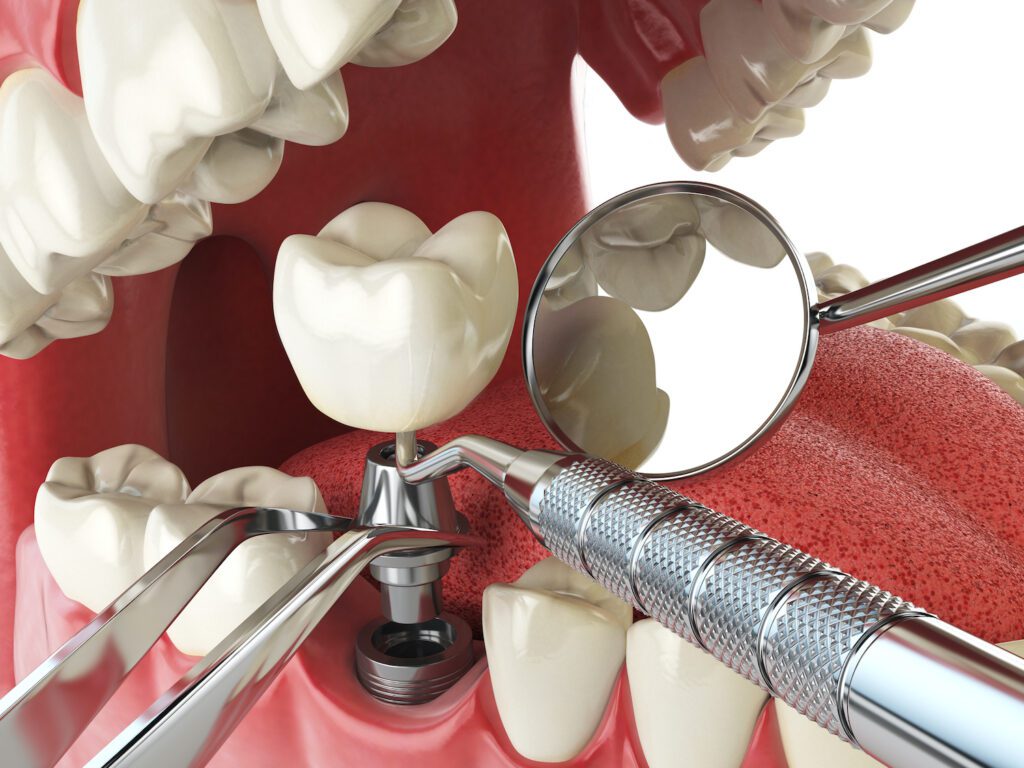A dental crown is a common and versatile tool in the arsenal of modern dentistry. It can serve both cosmetic and restorative purposes, enhancing the appearance of your smile while restoring functionality to damaged or disfigured teeth. Composed of various materials such as porcelain, resin, ceramic, or metal, dental crowns require diligent oral hygiene similar to that required by natural teeth.

Cosmetic Purposes
Dental crowns can dramatically improve one’s aesthetic appeal by correcting misshapen or severely discolored teeth. Various medical conditions or traumatic events may result in drastic alterations to the shape of your teeth. In such cases, crowns provide an effective solution that restores not only function but also beauty to your smile.
Restorative Purposes
Beyond their cosmetic applications, dental crowns play a significant role in restorative dentistry. They are often used following procedures like root canals and dental implants where substantial tooth structure has been compromised. In the case of a root canal treatment – necessitated when an infection reaches into the pulp housing nerves and connective tissues – large portions of tooth material need removal for access to infected areas. Once cleaned out and disinfected, these spaces would be too extensive for regular fillings; here is where a crown comes into play, providing coverage over larger areas, thus supporting weakened structures.
Similarly with dental implants – permanent replacements for lost teeth involving surgical implantation of titanium roots – post-healing stages involve fitting artificial teeth made from impressions taken off remaining ones, ensuring evenness across your smile line. These replacement options could either be removable or fixed types depending on patient preference; however, if you’re looking for permanence, then fixed type would serve best wherein finally, after cementing down, these new additions become part & parcel with the existing set, completing the restoration process.
Daily Care For Your Dental Crowns
Despite their artificial nature, dental crowns require the same level of care as your natural teeth. Regular brushing and flossing are essential to maintain the health of both the crown and surrounding gum tissue. Avoiding hard or sticky foods can prevent damage to the crown, while regular dental check-ups will ensure that any potential issues are detected early. In conclusion, a dental crown is an effective solution for a variety of cosmetic and restorative needs. With proper oral hygiene practices in place, a dental crown can serve its purpose effectively for many years.
